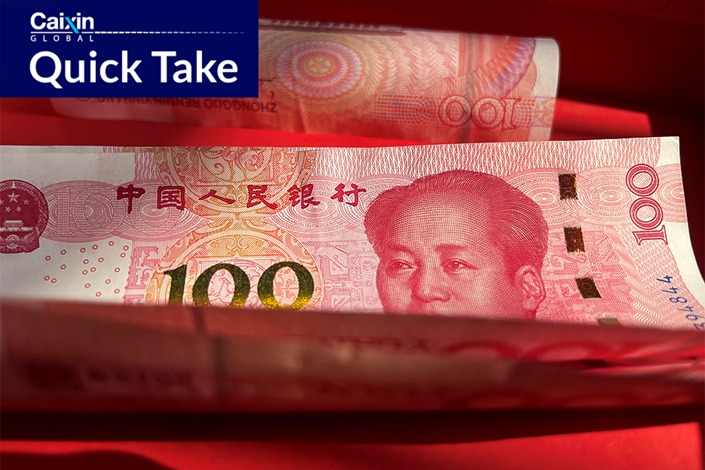
What’s new: The effects of China’s monetary policy will be largely limited as local governments, businesses and households all have holes in their finances that will discourage them from borrowing in the near future, according to former central bank official Guo Kai.
“The balance sheets of Chinese (local) governments, businesses and households have all been impaired over the past two to three years,” Guo, a member of the China Finance 40 Forum, said at a seminar Thursday held by the International Monetary Fund’s office in China and the Institute of World Economics and Politics at the Chinese Academy of Social Sciences.
“This hasn’t happened to the Chinese economy for many years,” he said. “In the past, there was always one balance sheet that was relatively healthy.”
By impaired balance sheets, Guo means that liabilities are growing faster than assets, a problem that could lead to insolvency.
“The most direct impact of the three damaged balance sheets is that the effect of monetary policies will become very limited,” Guo said. Monetary stimulus often relies on leverage to take effect, but economic entities are putting a brake on adding leverage now that their balance sheets are in disarray, he explained.
The background: Guo previously worked as a deputy head at the People’s Bank of China’s (PBOC) monetary policy department and international department.
Chinese policymakers have repeatedly pledged forceful monetary and fiscal policies for 2023. Guo suggested the government subsidize low-income groups and make good use of interest rate tools.
Related: Caixin Explains: How Severe Are Chinese Local Governments’ Budgetary Troubles?
In Depth: Has China’s Monetary Policy Reached Its Limit?
Contact reporter Zhang Ziyu (ziyuzhang@caixin.com) and editor Michael Bellart (michaelbellart@caixin.com)
Get our weekly free Must-Read newsletter.







